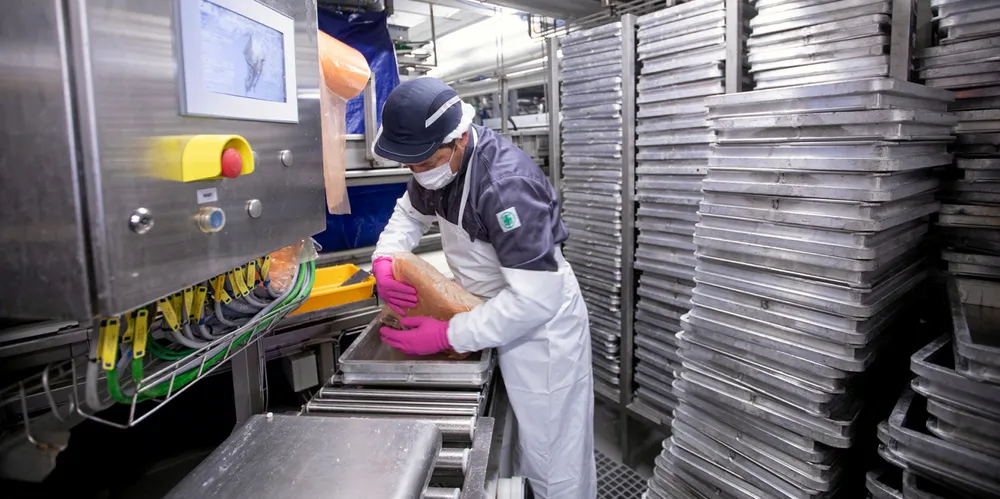Russia’s pollock industry sees sharp shift to surimi production amid European market challenges
The country has also increased its seafood imports after a sharp fall last year.

The country has also increased its seafood imports after a sharp fall last year.
